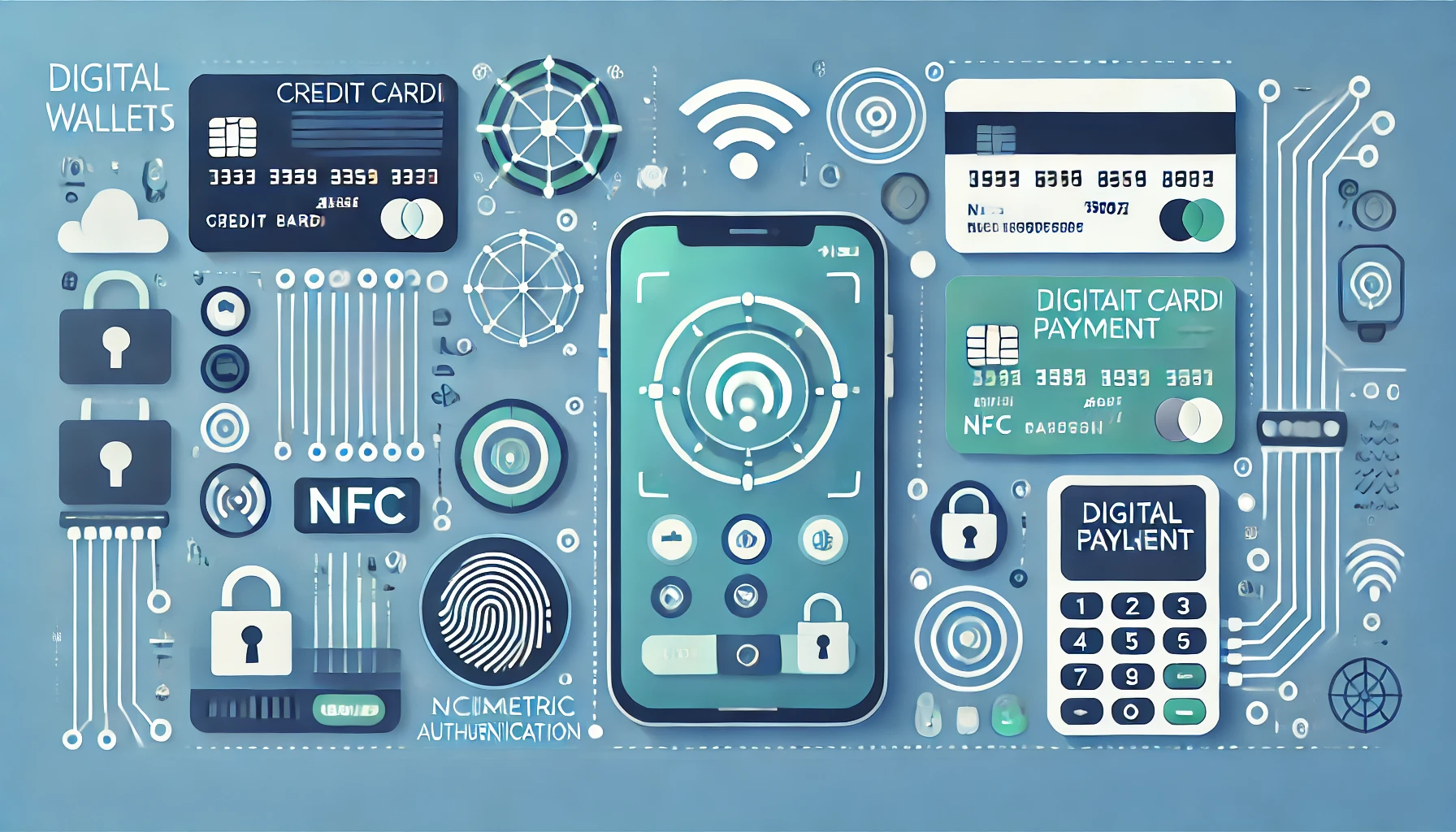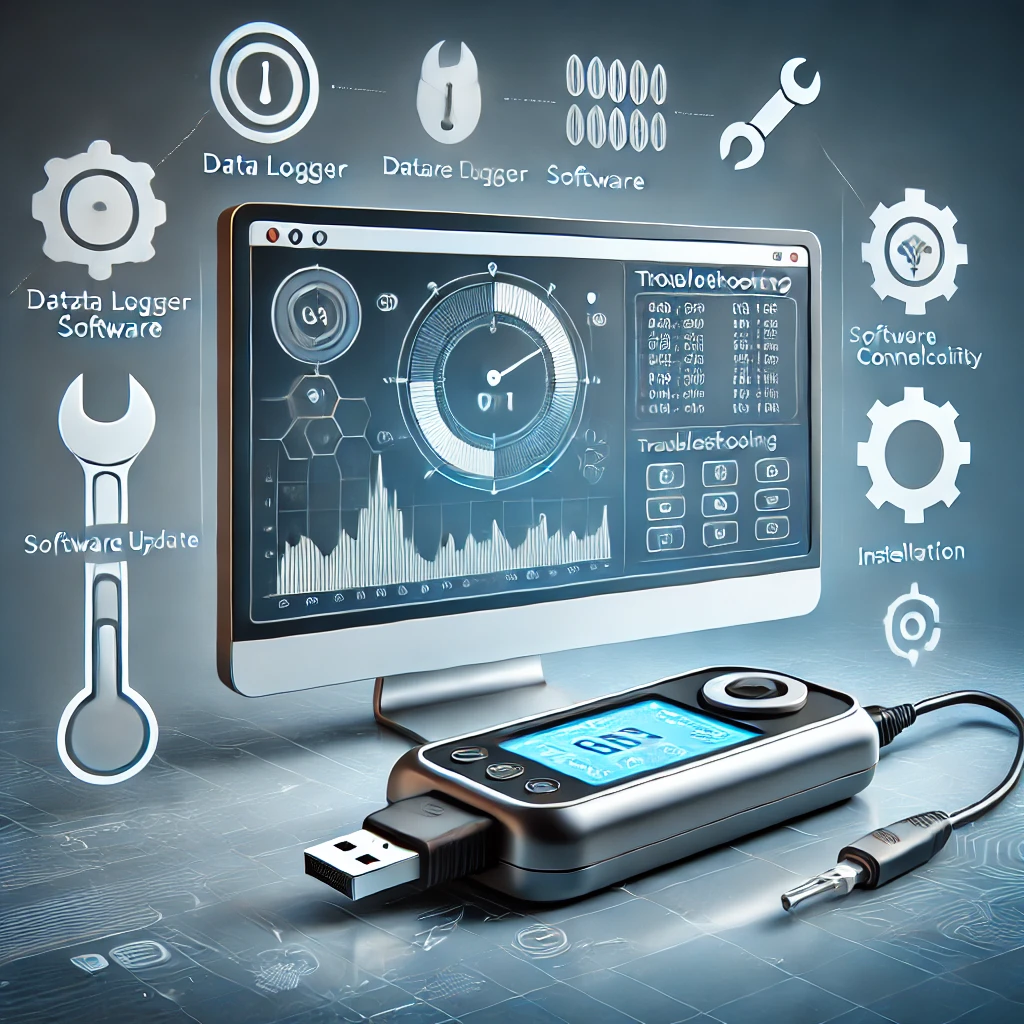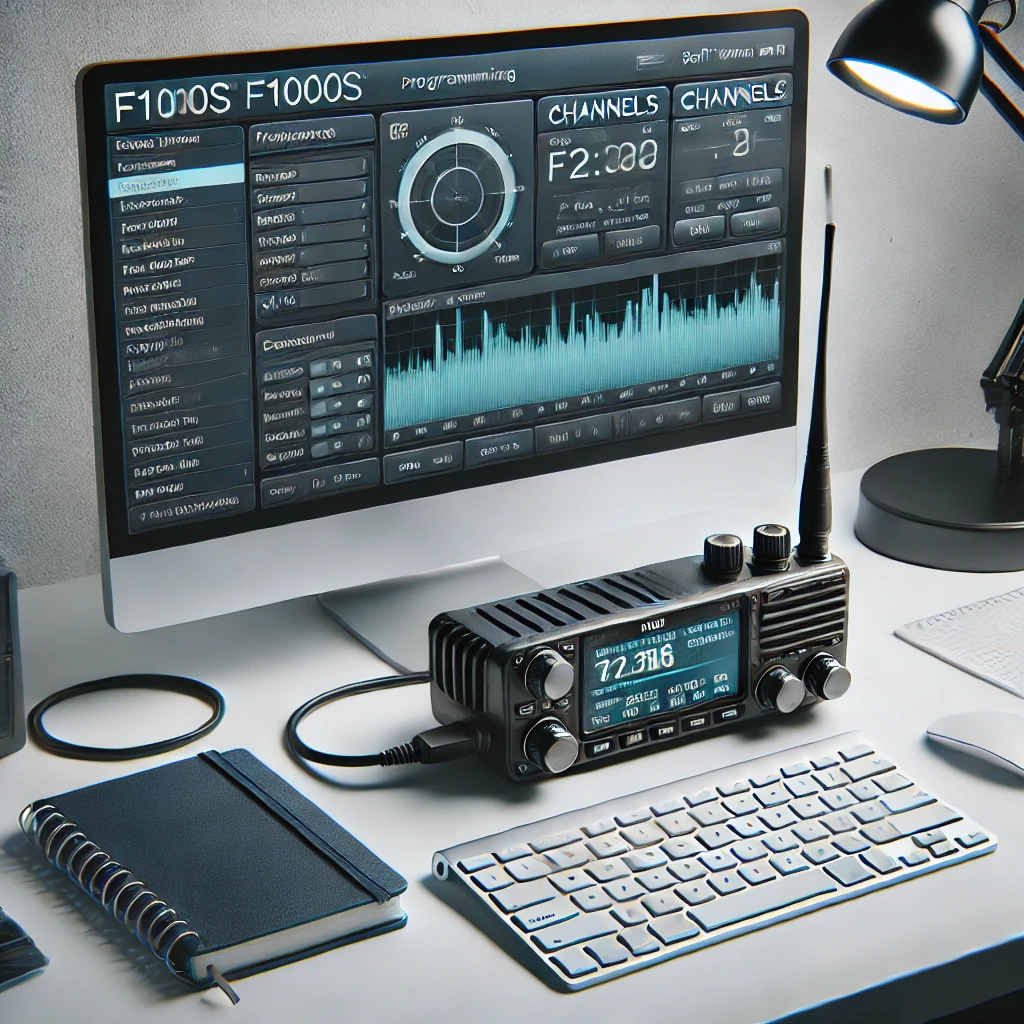Digital wallets are transforming how we manage money by making cashless payments secure, quick, and convenient. A digital wallet securely stores payment information on a smartphone or digital device, empowering users with easy online shopping, peer-to-peer transfers, and secure financial transactions. With advanced encryption technology and biometric authentication, digital wallets offer high security and user convenience. As cashless systems grow, understanding digital wallets’ key features and benefits is essential for secure and modern financial management.
What Is a Digital Wallet and How Does It Work?
A digital wallet, often called an e-wallet, is a software application that securely stores payment details, such as credit and debit card information, bank account data, and sometimes even cryptocurrency keys. Designed to simplify financial transactions, digital wallets allow users to make payments, send money, and manage funds directly from a smartphone, computer, or other digital devices. By securely storing these details, digital wallets eliminate the need to carry physical cards or cash, making transactions faster and more convenient.
Digital wallets operate through a combination of encryption, authentication, and secure connections. When a user initiates a payment, the digital wallet transmits encrypted payment data to the retailer or service provider. This data is verified by the payment processor and bank, ensuring that the transaction is secure. Many digital wallets also integrate additional security layers, such as biometric authentication (like fingerprints or facial recognition), password protection, and two-factor authentication. Once validated, the payment is processed within seconds, providing a seamless user experience.
Most digital wallets are compatible with contactless payment systems, which allow users to make in-store purchases by simply holding their smartphone near a payment terminal. This feature, known as NFC (Near Field Communication), uses short-range wireless technology to securely communicate between the wallet and the terminal. Digital wallets are also highly versatile; in addition to payments, they can store and manage loyalty cards, vouchers, and other financial tools, offering users a complete digital solution for their financial needs.
How Digital Wallets Work
Digital wallets use a combination of advanced technologies to make transactions both convenient and secure. At their core, digital wallets rely on encryption to protect sensitive payment data. When a user makes a purchase, the digital wallet encrypts their payment information and transmits it to the merchant. For in-person payments, many digital wallets use NFC (Near Field Communication) technology, allowing users to make contactless payments by tapping or hovering their devices near a payment terminal.
For online transactions, digital wallets often use a tokenization process, which replaces sensitive data with unique identifiers, or “tokens.” These tokens act as a stand-in for the actual credit card or bank account number, keeping the user’s financial information secure. Each time a user initiates a transaction, the digital wallet verifies their identity through biometric authentication (like fingerprint or face recognition) or PINs. This layered approach ensures that only authorized users can access the wallet and complete transactions.
![]()
How to Pick a Digital Wallet
Choosing the right digital wallet involves evaluating features like compatibility, security, and user convenience. Start by checking if the wallet is compatible with your smartphone or device; for instance, Apple Pay is exclusive to Apple devices, while Google Pay and Samsung Pay are more versatile. Additionally, look for a wallet that supports contactless payments, online shopping, and peer-to-peer transfers.
Security is another essential factor. Choose a digital wallet that includes biometric security features, two-factor authentication, and data encryption to ensure that your personal information remains protected. It’s also wise to consider a digital wallet that offers integration with loyalty programs and digital receipts for easy management of your expenses. Finally, read user reviews and check for any fees associated with transactions to ensure you’re choosing a wallet that’s both cost-effective and user-friendly.
Are Digital Wallets Safe?
Digital wallets are generally considered very safe due to the high level of security measures they implement. Unlike traditional wallets, digital wallets do not store your card numbers directly. Instead, they use tokenization to replace your card details with randomly generated codes, making it nearly impossible for fraudsters to access your actual account information. Additionally, most digital wallets use encryption and multi-factor authentication, ensuring that your transactions are secure from start to finish.
Many digital wallets offer biometric security options, such as fingerprint or facial recognition, which adds an extra layer of protection. Even if your device is lost or stolen, a digital wallet remains protected by these security layers, unlike a physical wallet that can be easily accessed. However, it’s still essential to exercise caution; regularly updating your device, using strong passwords, and only downloading wallets from reputable sources can enhance your security.
Find the Right Credit Card for You
Selecting the right credit card to link with your digital wallet can further enhance your experience, helping you earn rewards and benefit from added security. With so many options available, consider what aligns best with your financial habits and goals. Some cards offer cash back, others focus on travel rewards, and some have low-interest options. Pairing the right credit card with your digital wallet will allow you to make the most out of every transaction, giving you an edge in managing finances more effectively.
How to Pick the Best Credit Card for You: 4 Easy Steps
- Evaluate Your Spending Habits: Begin by analyzing your typical purchases. Are you spending more on groceries, travel, or dining? Some credit cards offer targeted rewards for specific categories, allowing you to maximize savings.
- Consider Rewards and Benefits: Look at each card’s rewards structure. Many cards offer cash back, points, or miles that you can redeem for a variety of perks. Choose a card that aligns with your lifestyle to make the most of these rewards.
- Check Interest Rates and Fees: Interest rates and annual fees can vary widely among credit cards. Look for one with a competitive APR if you tend to carry a balance, and check for any fees that could impact your overall spending.
- Review Added Perks: Many credit cards come with added perks, like travel insurance, purchase protection, and extended warranties. Compare these benefits to see which card offers the best value.
Best Credit Cards of 2024
For those looking to pair a credit card with their digital wallet, the best credit cards of 2024 offer a range of features suited to different spending habits. Some top choices include cash-back cards that reward everyday purchases, travel cards for frequent flyers, and low-interest cards for those focused on minimizing fees. Additionally, many of these cards now come with enhanced security measures and digital wallet compatibility. From zero-fee cards to premium options with exclusive perks, there’s a card to suit nearly every budget and lifestyle.
Why Nearly Every Purchase Should Be on a Credit Card
Using a credit card for most purchases, especially when linked to a digital wallet, has distinct advantages. Credit cards offer purchase protection that covers lost, stolen, or damaged items, which debit cards typically don’t. Additionally, credit cards allow you to earn rewards for spending, whether it’s cash back, travel miles, or points redeemable for future purchases. Linking a credit card to your digital wallet also provides enhanced security, as credit transactions are protected against fraud and unauthorized use.
Another benefit is the convenience of expense tracking. Most credit card issuers offer online portals or apps where you can view and categorize your spending, making it easier to manage finances. By using a credit card with a digital wallet, you can maximize your rewards while enjoying a streamlined and secure transaction experience, all from the convenience of your smartphone.
Conclusion
Digital wallets have become an essential tool for managing finances in today’s cashless, digital-first world. Offering a secure, convenient, and versatile way to store and use payment information, they simplify transactions both online and in-person. By choosing the right digital wallet, users can benefit from added security features like encryption, tokenization, and biometric authentication, while also enjoying streamlined access to credit cards, loyalty programs, and more. Pairing a digital wallet with the right credit card can enhance this experience, offering rewards and purchase protections that make everyday spending more rewarding.
As the adoption of digital wallets continues to grow, understanding how they work and what they offer is crucial for making informed financial choices. With the right wallet and credit card combination, users can maximize security, convenience, and value, making digital wallets an ideal choice for anyone looking to embrace a modern, efficient way to manage money.
FAQs
1. What is a digital wallet?
A digital wallet, or e-wallet, is a software-based tool that securely stores payment information, such as credit card details and bank account data, allowing users to make cashless payments and manage finances directly from a smartphone or digital device.
2. How does a digital wallet work?
Digital wallets work by encrypting and securely transmitting payment information when a transaction is made. They use technologies like NFC (Near Field Communication) for contactless payments and tokenization for online transactions to protect users’ sensitive data.
3. Are digital wallets safe?
Yes, digital wallets are generally very safe. They use multiple security measures, such as encryption, tokenization, and biometric authentication (like fingerprints or face recognition), to keep user information secure. It’s still recommended to use strong passwords and enable additional security features where available.
4. What types of digital wallets are there?
There are three main types of digital wallets: closed wallets (offered by companies for their products, like Starbucks), semi-closed wallets (usable with multiple merchants, like Paytm), and open wallets (like Google Pay and Apple Pay), which allow a broader range of financial activities.
5. Can I link a credit card to my digital wallet?
Yes, most digital wallets allow users to link credit cards. By doing so, you can earn rewards and enjoy other credit card benefits while taking advantage of the wallet’s security features for secure and convenient transactions.
6. Which digital wallet should I choose?
The best digital wallet depends on your device compatibility, payment needs, and security preferences. Options like Apple Pay are designed for Apple users, while Google Pay and Samsung Pay are more versatile and work with multiple device types.
7. Are there fees for using a digital wallet?
Most digital wallets don’t charge fees for standard transactions, like purchases and peer-to-peer transfers. However, some wallets may have fees for certain services, such as instant transfers or international payments, so it’s best to check the terms of each wallet.
8. Can I use a digital wallet for online shopping?
Yes, digital wallets are widely accepted for online shopping. They securely store payment information, allowing you to complete purchases with just a few taps, making online transactions both faster and safer.
9. What are the benefits of using a credit card with a digital wallet?
Using a credit card with a digital wallet combines convenience with added security. It also allows you to earn rewards on purchases, such as cashback or travel points, while enjoying protections like fraud monitoring and purchase protection.
10. Is it safe to use a digital wallet in public?
Yes, digital wallets are designed with security in mind, especially for contactless payments. They typically require biometric authentication, PINs, or passcodes before processing transactions, ensuring that unauthorized users cannot access your wallet even in public.











Leave a Reply